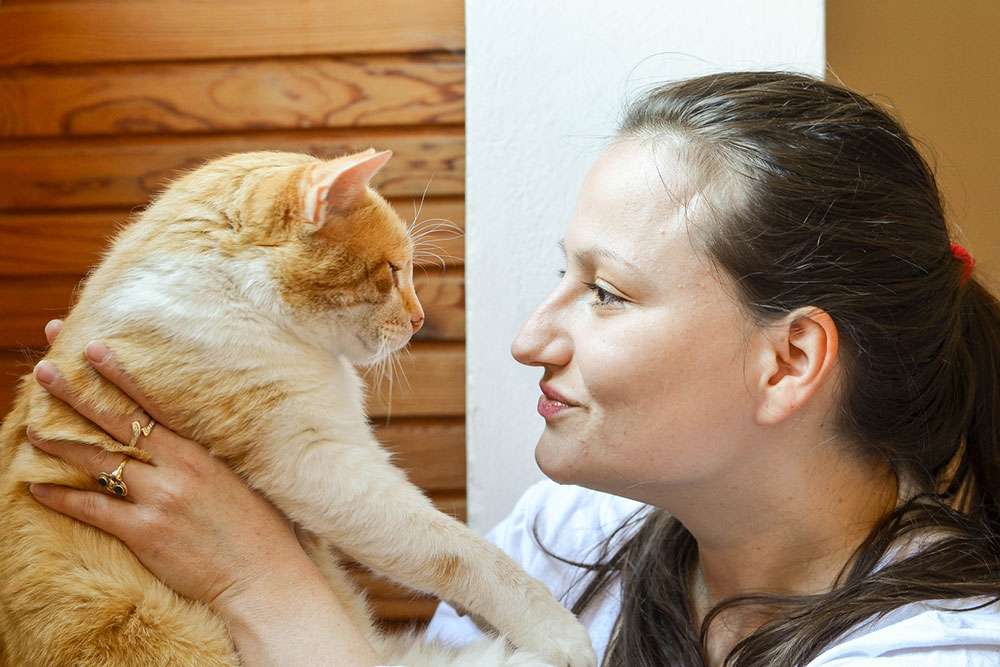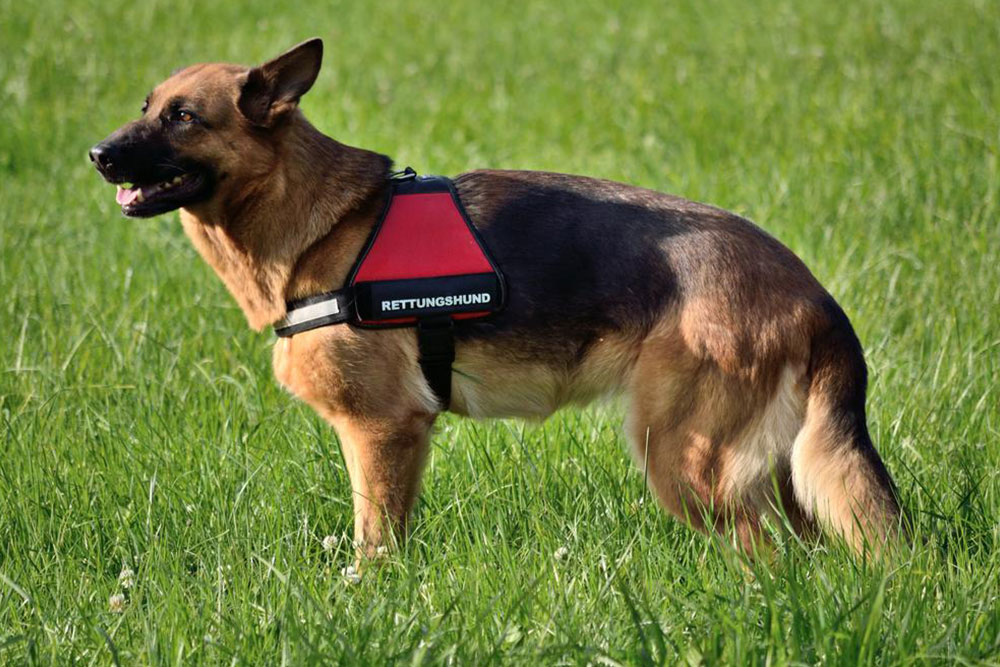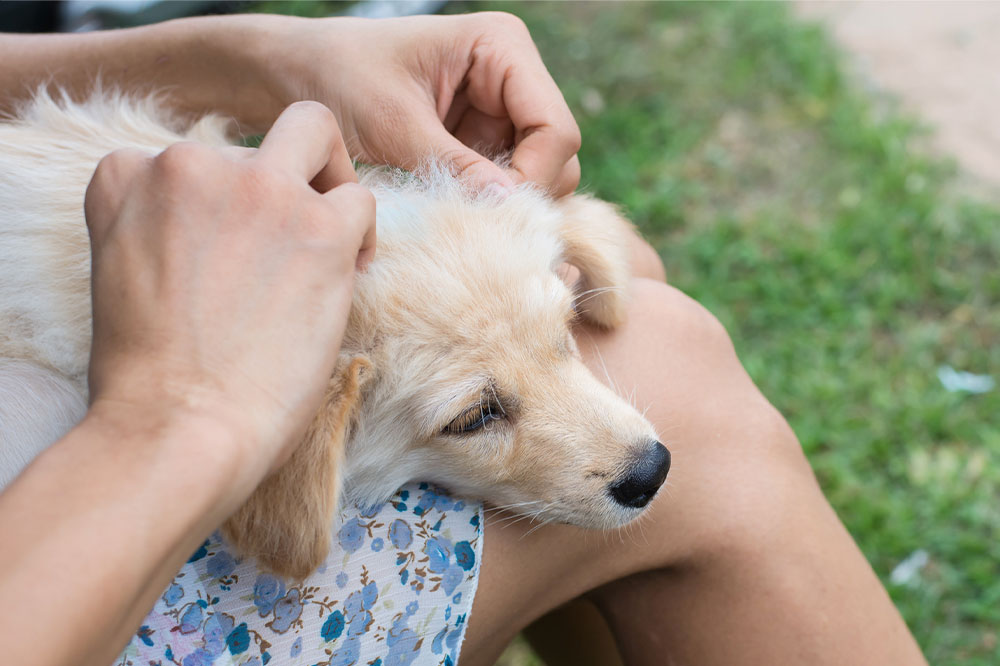Guide to Responsible Pet Adoption: Key Factors to Consider
Discover essential tips for responsible pet adoption, including commitment, financial readiness, environment preparation, training, and identification. This guide helps prospective pet owners make informed decisions for a loving and successful adoption experience.
Sponsored

Welcoming a pet into your life is transformative, creating lasting bonds and enriching experiences. Choosing adoption over purchase is a commendable decision that offers a loving home to an animal in need.
Before bringing a pet home, it’s crucial to assess if you're truly prepared. Pets, whether feline, canine, or exotic, require companionship and attention. Leaving them alone can cause stress, so ensure your schedule allows for quality care.
There are essential considerations for responsible pet ownership. Understanding these factors ensures a smoother transition and a happier life for your new companion.
Critical points to reflect on before adopting a pet include:
Commitment is vital
Adopting a pet means embracing a long-term commitment. They form part of your family and depend on you for care, love, and healthcare. Patience during the adjustment phase is essential, and abandoning them after adoption can be traumatic.
Assess your financial readiness
Owning a pet involves ongoing expenses such as food, grooming, veterinary visits, licenses, and supplies. Ensuring your budget can accommodate these needs is key to providing a happy, healthy life for your pet.
Prepare a pet-safe environment
Just like preparing for a new baby, your home should be safe for your pet. Remove hazards like toxic plants, chemicals, or small objects that could be ingested. Clean thoroughly to eliminate dangers that could harm your new friend.
Choose wisely beyond initial attraction
While initial charm is appealing, consider your pet's personality. Different animals have different energy levels and companionship needs. Match your lifestyle with the animal's temperament for better compatibility.
Provide training and socialization
Training is essential regardless of age. It helps pets adapt and understand boundaries, making cohabitation smoother. Socializing with other animals and family members is also vital for their well-being.
Use identification tools
Tags and microchips significantly increase the chances of lost pets being returned home. Ensure your pet wears proper identification, especially if they roam outdoors.
Dedicate quality time
Pets thrive on attention and affection. Regular walks, playtime, grooming, and veterinary visits are necessary. Flexibility in your schedule is important to meet their needs.
Adopting a pet is a life-changing decision that requires responsible planning. In return, you'll experience unconditional love and companionship that lasts a lifetime.






